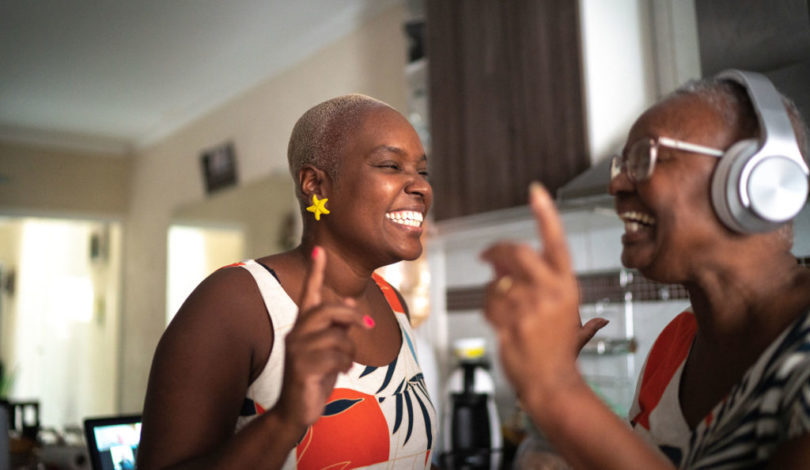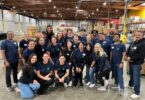Black History Month is often viewed as a time of reflection, a month that acknowledges and honors the triumphs and struggles of Black Americans throughout U.S. history and diaspora. This year, many are commemorating the month to explore the concept of Black joy as an act of resistance, a source of healing, and a celebration of love and community.
Neighbors of all backgrounds celebrate Black History Month by attending virtual and in person events, using social media to highlight Black achievements, supporting Black owned businesses, donating to anti-racist organizations, reading and sharing books by Black authors, among a host of other activities. Check out this list of virtual events.
Along with the aforementioned ways that neighbors celebrate Black History Month, we’re calling on neighbors on Nextdoor to join us in amplifying moments of Black joy. It’s easy to share news that can be viewed as negative but how often do we share moments of joy? Let’s share when our neighbors do something nice, or offer support in a small or big way. Let’s share photos of our kids having fun outside, let’s share when a neighbor waves on their way to work, or when we’re having Sunday dinner with our family, or when we’re taking walks around the neighborhood. Black joy can be witnessed in both the small and big moments.
Some of Team Nextdoor team were able to get out and volunteer for MLK Day. Community is not only a major part of Nextdoor but a value we envision within B@ND.
Black joy is not circumstantial. Joy is a discipline, joy is a purposeful choice, in spite of circumstances. Black folks have long found pleasure and joy in both celebration and resistance. Black folks have always had joy.
Without centering Black joy, Black history is incomplete. When we teach about the centuries of trauma, violence, racism, and oppression that Black people have faced, without also teaching Black joy, we are doing a disservice to Black history.
Kleaver Cruz, founder of the Black Joy Project said, “amplifying black joy is not about dismissing or creating an ‘alternative’ black narrative that ignores the realities of our collective pain; rather, it is about holding the pain and injustices we experience as black folks around the world in tension with the joy we experience in pain’s midst. It’s about using that joy as an entry into understanding the oppressive forces we navigate through as a means to imagine and create a world free of them.”
Black joy is Black queer folks existing loudly, gathering proudly and loving freely in the face of discrimination and oppression. Black joy is the cultivation and love found in Black neighborhoods and communities in the face of redlining and discriminatory housing practices. Black joy is enslaved people in the 1600’s, swimming as a means of reprieve and pleasure. Black joy is Black folks doing the electric slide while protesting against police brutality. Black joy is Sunday dinners, family reunions, and the creation of Black art. Black joy is praise and worship, Tiktok dances and BBQs. Black joy is prioritizing our mental and physical health: resting, meditating, talking to a therapist, taking walks, drinking water, and/or eating nutritious and delicious foods.
Black people are inundated with images and reminders of violence and trauma both past and present and while we carry grief and anger within us, we have always taken sacred pause to experience and bask in moments of joy. Black joy is basking “in the beauty of what it means to be Black — both the pain and the celebration.”
In the end, Nextdoor’s purpose of cultivating a kinder world where everyone has a neighborhood they can rely on is grounded in the idea that joy is accessible for all.
This blog was written by B@ND. B@ND is an Employee Resource Group at Nextdoor that cultivates community and champions the advancement of Black employees. We aim to educate Nextdoor leaders and staff on the challenges and experiences of Black people across identities, support Nextdoor in its efforts to create an inclusive and equitable workforce and culture, and to support and empower the communities we operate in.
To connect with your local neighborhood, please login at nextdoor.com.





